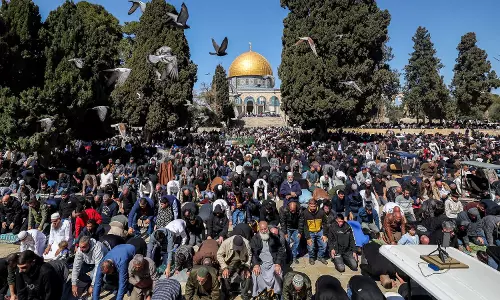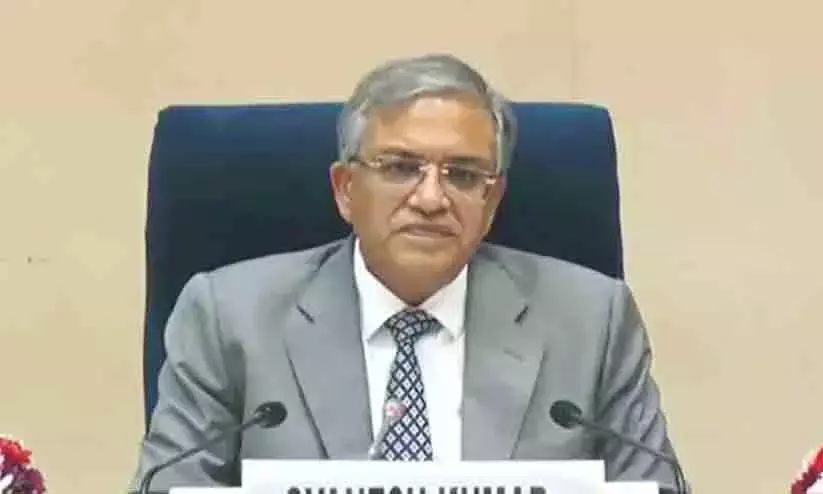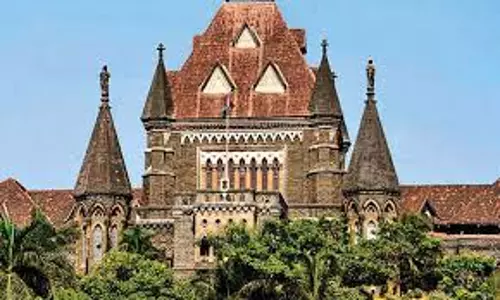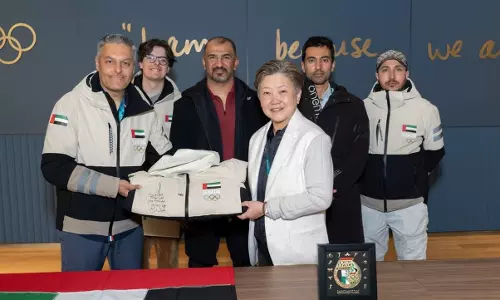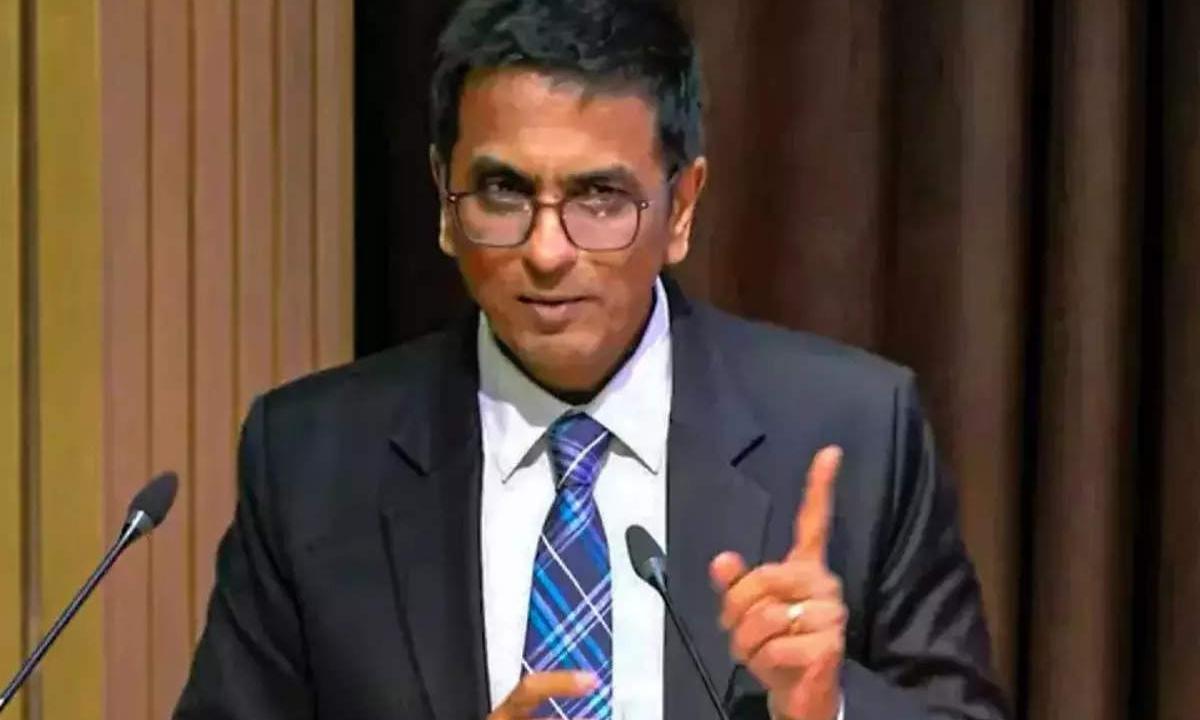
How democratic was CJI Chandrachud in weighing other judges' suggestions?
text_fieldsOn an occasion when the outgoing Chief Justice of India (CJI) D.Y. Chandrachud is said to have invoked his position as head of the judiciary, he reportedly dismissed objections from senior Supreme Court judges—his equals in stature—in his insistence on appointing a candidate for senior advocate designation, The Wire reported.
According to sources, discussions during a full-court meeting on August 14, 2023, became heated, ultimately escalating into a rare and contentious exchange between the CJI and other senior judges over the eligibility of a specific candidate.
The friction reportedly began when the selection committee reviewed the list of applicants seeking designation as senior advocates. Out of the 141 advocates who applied, only 39 were approved.
However, when the discussion turned to one particular candidate, two senior judges voiced strong objections, reportedly citing the individual’s prior courtroom conduct, which they alleged involved misleading representations. They contended that this history should disqualify the candidate from receiving the designation.
Despite the reservations of these judges, CJI Chandrachud defended the candidate’s inclusion, though his explanation failed to sway the dissenting voices. The conversation soon took a sharp turn, with reports indicating that the exchange veered towards a confrontation, as the CJI asserted his role as head of the judiciary.
Observers at the meeting noted that such strong assertions of authority are rarely seen in these judicial gatherings, where the principle of equal standing among judges generally prevails.
Those familiar with the event described it as a rare instance of direct confrontation in the Supreme Court's administrative meetings, with some attendees perceiving the CJI's conduct as an overreach.
Questions reportedly arose about the CJI’s insistence on pushing through this particular designation, leading to speculation among the judiciary as to why this candidate was championed so emphatically. Some judges suggested that the decision could have been deferred, potentially allowing for a more thorough examination of the candidate's qualifications and past conduct.
The CJI’s stance ultimately prevailed, and the candidate was cleared for senior designation, albeit with lingering dissent among some members of the judiciary. Following the decision, discussions emerged around the existing guidelines for senior advocate appointments, which were revised earlier in 2023.
Notably, these guidelines outline specific qualifications and expectations for candidates but do not explicitly include professional integrity as a determining factor. This omission has prompted concern among some judges, who believe that the lack of an integrity clause could compromise the prestige associated with senior advocate status.
Under the current guidelines, the Supreme Court's senior advocate selection committee is chaired by the CJI, alongside the two most senior judges, the Attorney General for India, and a bar representative chosen by the committee. Though the guidelines allow for the court to rescind the designation of a senior advocate if conduct unbecoming of the status is discovered post-appointment, there is no pre-appointment integrity check for candidates.
The incident comes at a time when CJI Chandrachud, whose tenure ends on November 10, has attracted increased scrutiny. Recent reports indicate that his decisions, such as a controversial delay in recommending his successor, Justice Sanjiv Khanna, and certain administrative changes within the court, have stirred debates.
Moreover, aesthetic redesigns at the court, including a new ‘Lady Justice’ statue and plans to replace the Judges' Library with a museum, have added to the internal tensions.





